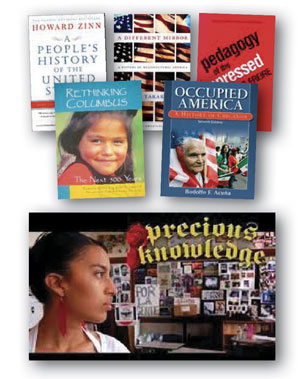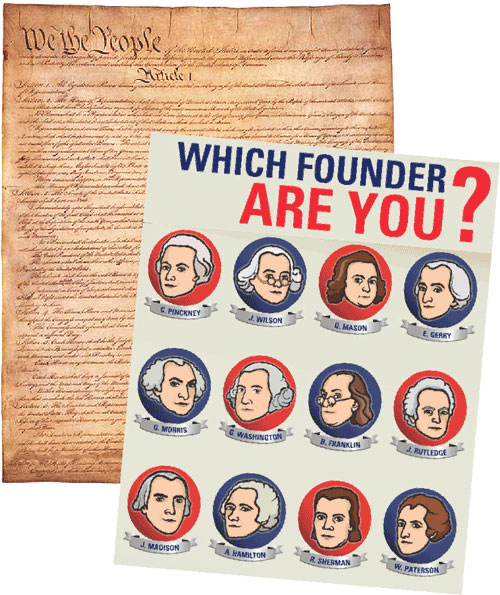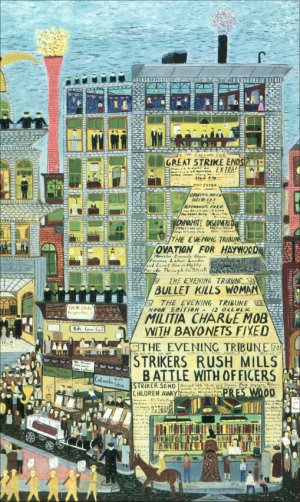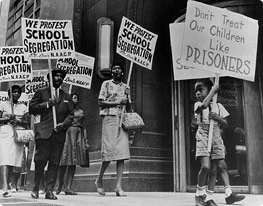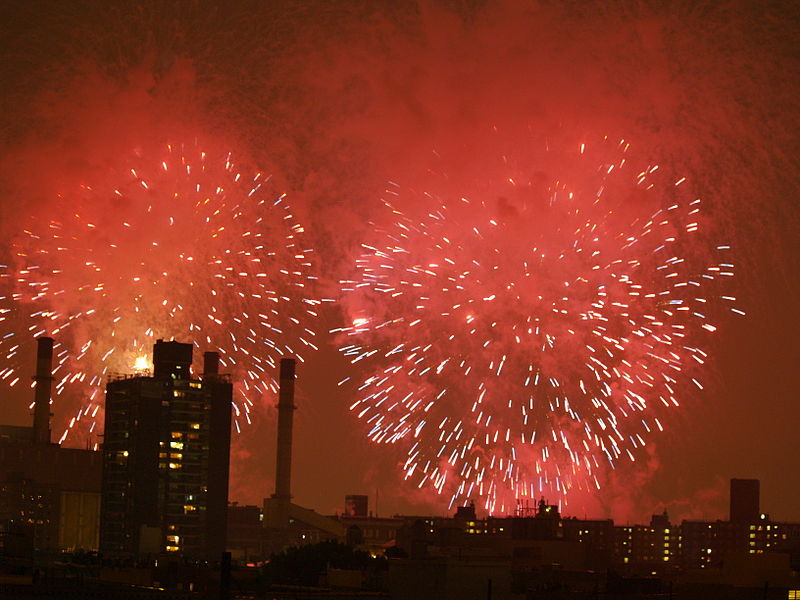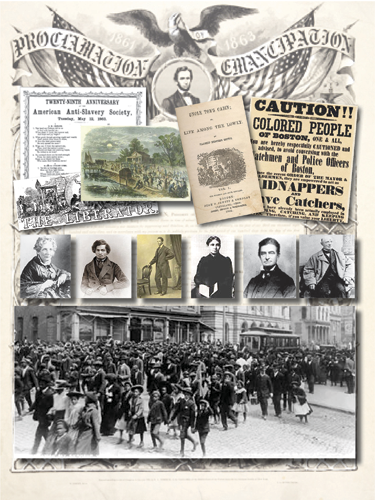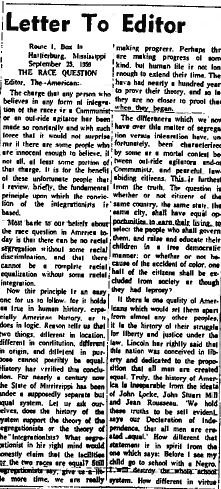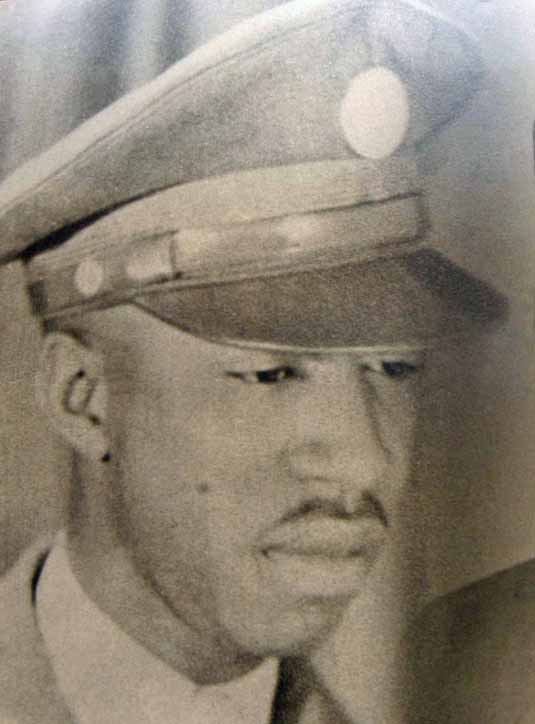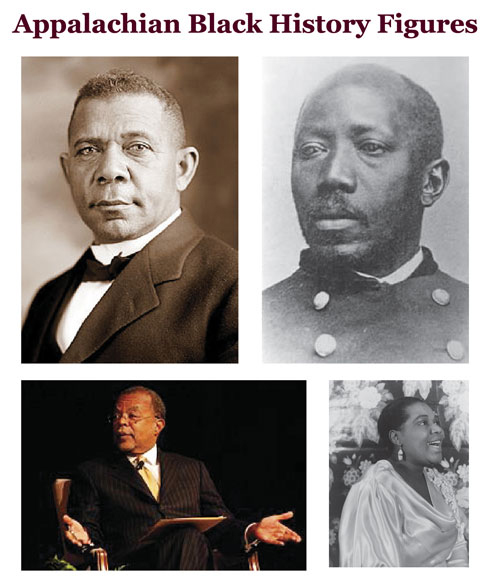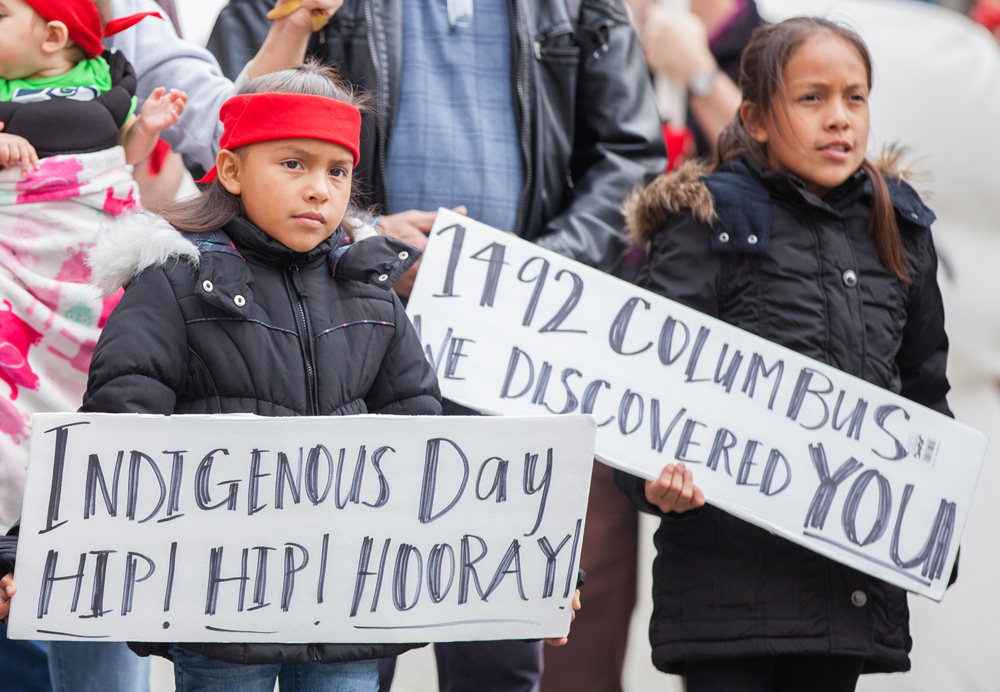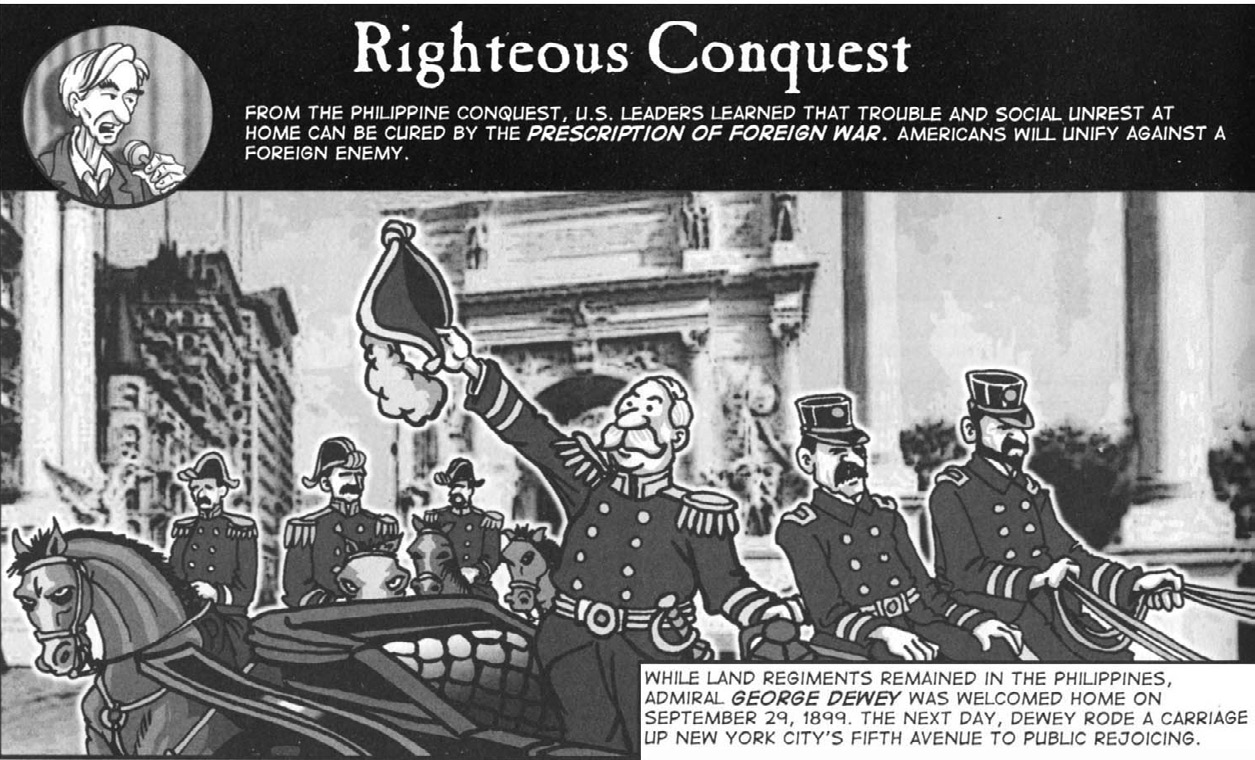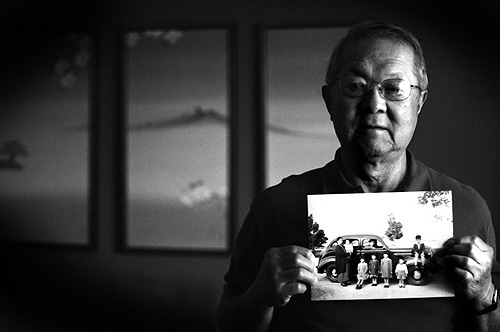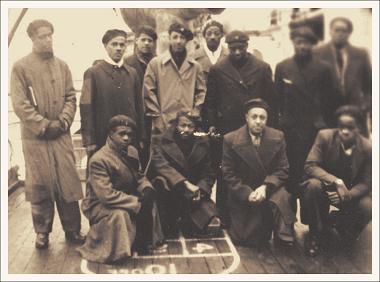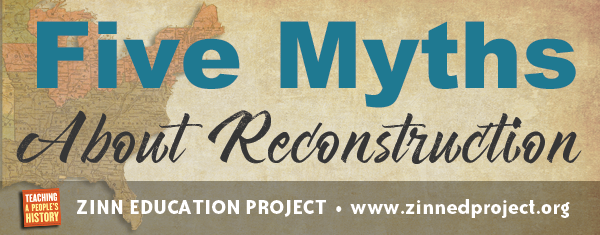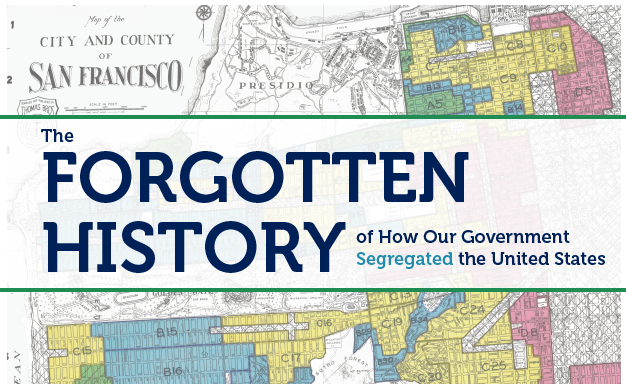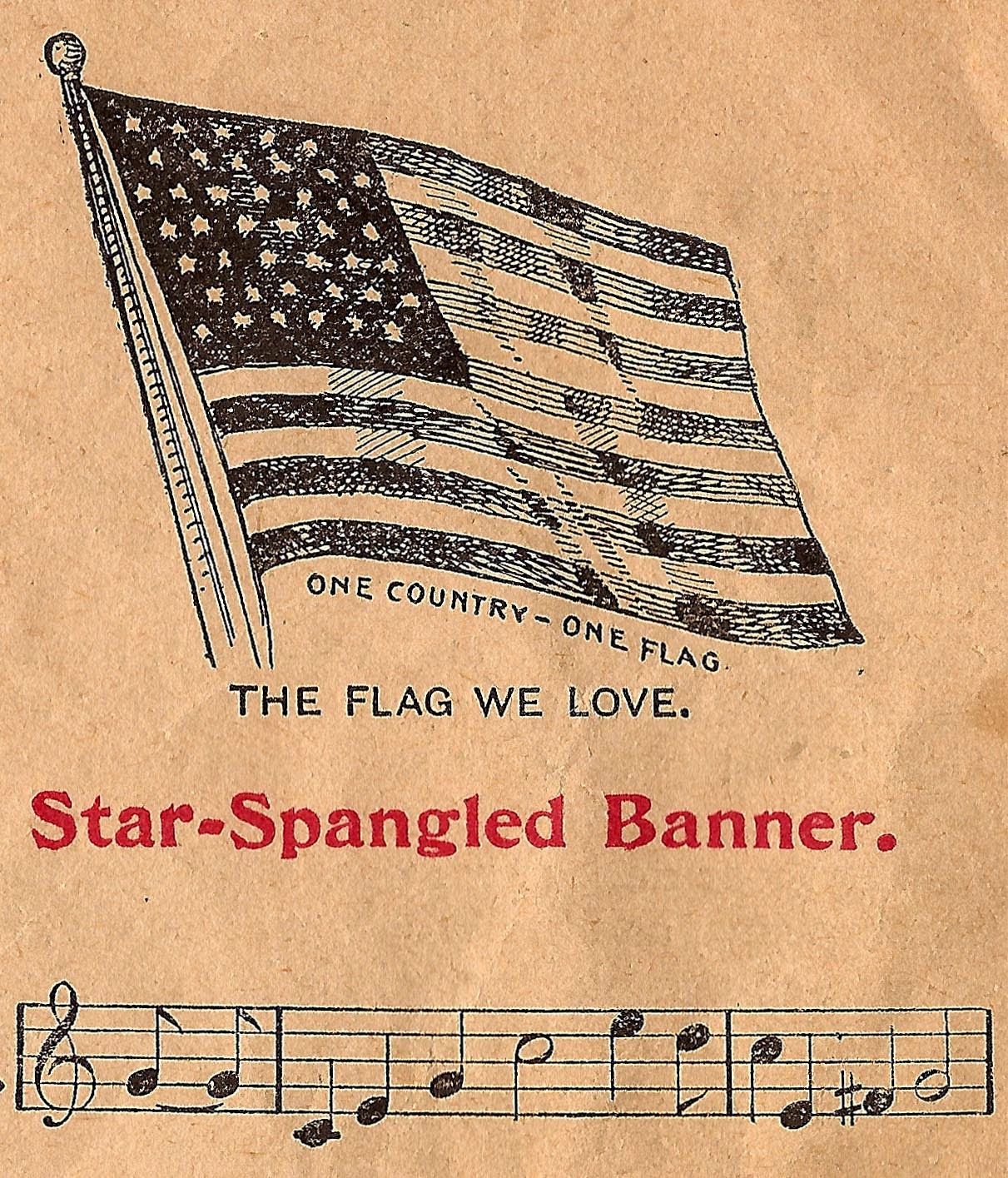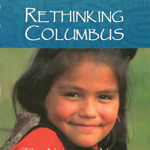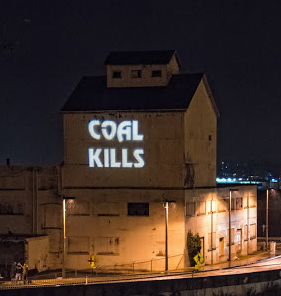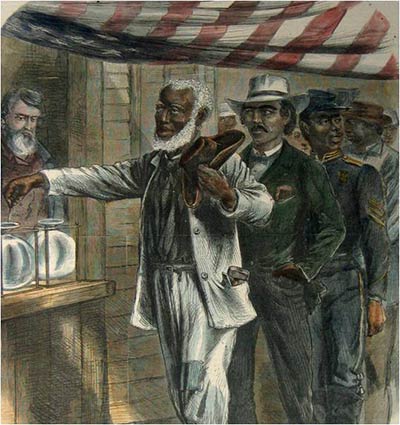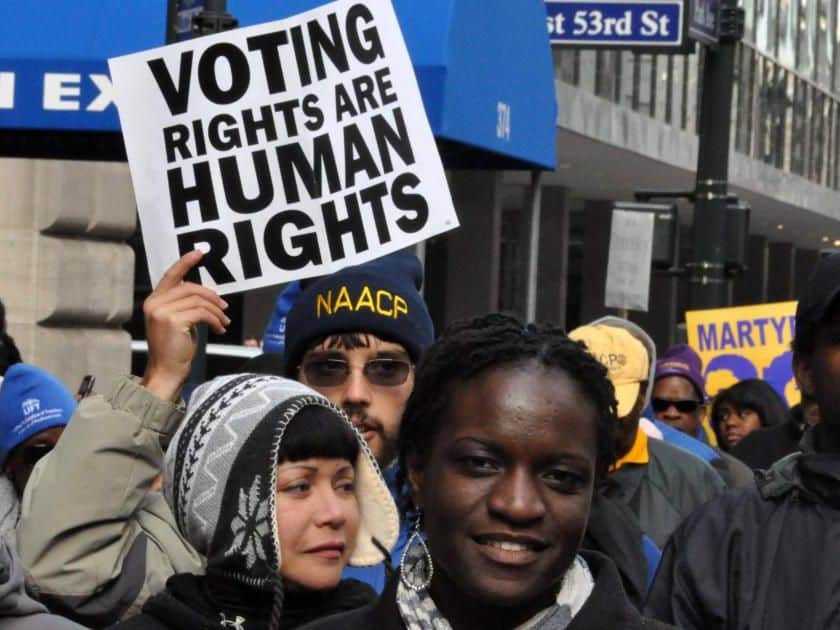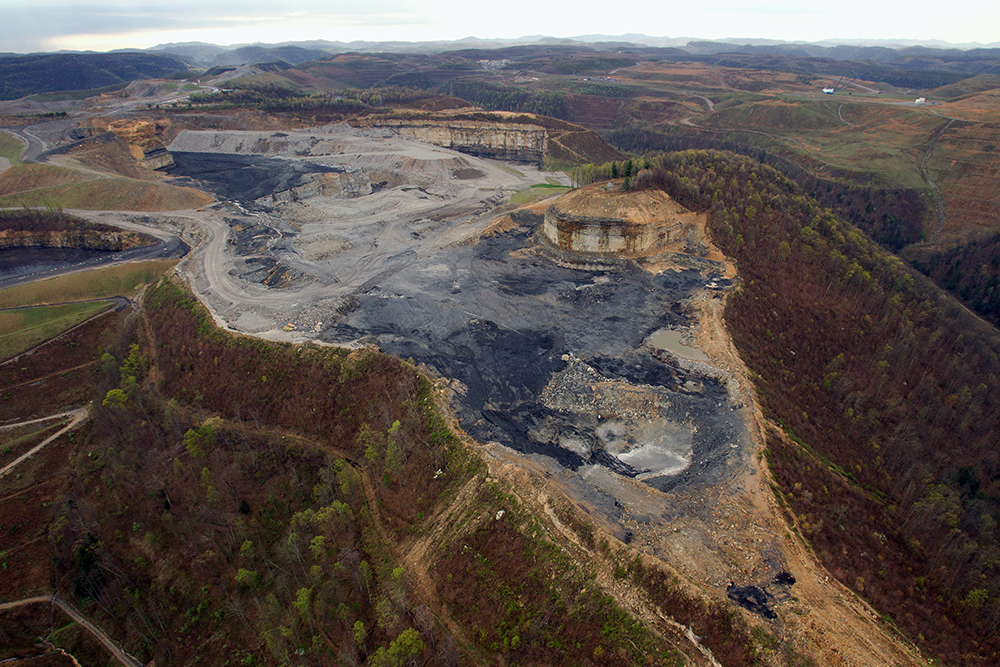It’s Columbus Day . . . Time to Break the Silence
By Bill Bigelow
Continue reading
This past January, almost exactly 20 years after its publication, Tucson schools banned the book I co-edited with Bob Peterson, Rethinking Columbus. It was one of a number of books adopted by Tucson’s celebrated Mexican American Studies program — a program long targeted by conservative Arizona politicians.
The school district sought to crush the Mexican American Studies program; our book itself was not the target, it just got caught in the crushing. Nonetheless, Tucson’s — and Arizona’s — attack on Mexican American Studies and Rethinking Columbus shares a common root: the attempt to silence stories that unsettle today’s unequal power arrangements.
The school district sought to crush the Mexican American Studies program; our book itself was not the target, it just got caught in the crushing. Nonetheless, Tucson’s — and Arizona’s — attack on Mexican American Studies and Rethinking Columbus shares a common root: the attempt to silence stories that unsettle today’s unequal power arrangements.

